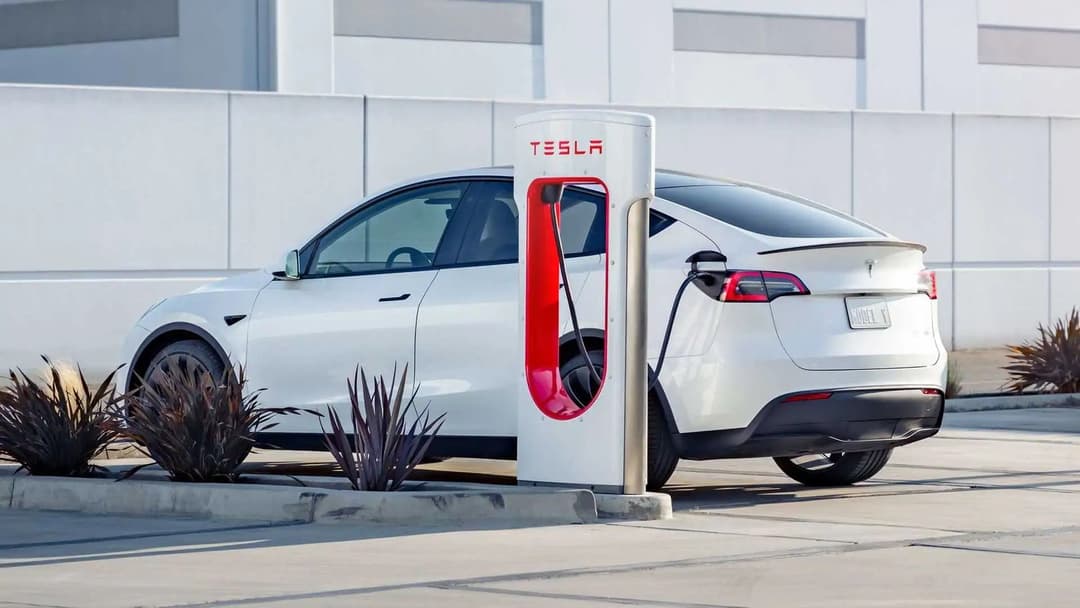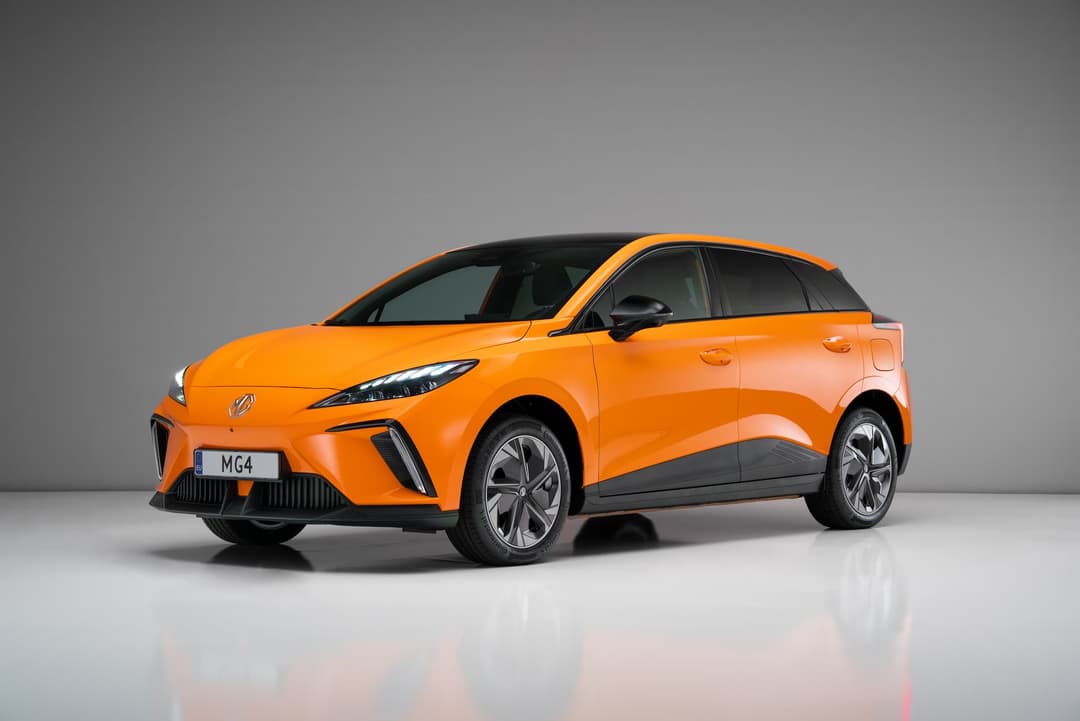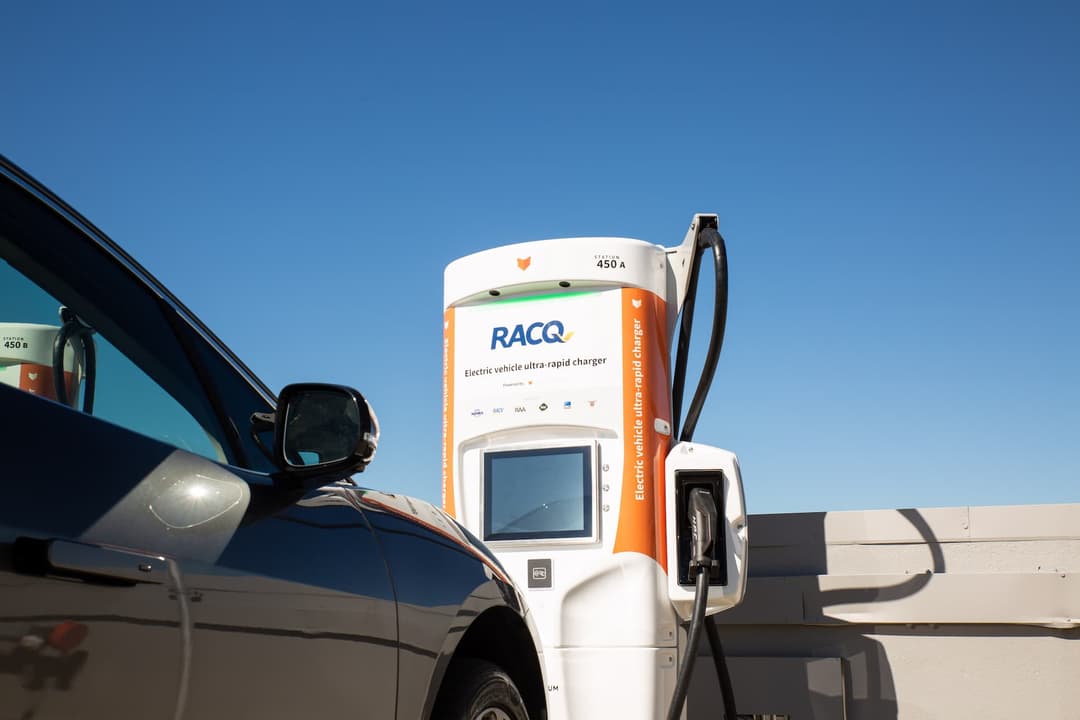
The electric vehicle transition is well underway with unprecedented growth in 2022, with sales growing 161% year-on-year. In this article, we will explore the viability of electric cars in Australia, delve into the most popular models, discuss their availability, examine the average costs, and assess the feasibility of electric vehicles in the Australian context.
Is it Worth Buying an Electric Car in Australia?
Today, electric vehicles cost more, between 30% to 40% more than an ‘equivalent’ ICE vehicle. While the upfront cost of an electric vehicle is likely to be higher than the equivalent petrol or diesel engine vehicles in your fleet, looking at the vehicle on a total cost of ownership (TCO) means in many cases the EV is cheaper. The lower running and maintenance costs of electric vehicles coupled with available incentives and rebates mean EVs can be financially competitive. To illustrate this we look at two drivers - Jim and Kim, who are contemplating the financial case for an EV. They are both interested in the MG ZS EV, one of the most affordable EVs in the market as of 2021. Its petrol equivalent, the MG ZST, shares the same platform but is powered by a 1.3 litre petrol-turbo engine.
Jim drives roughly the Australian average distance of 36.4 km per day (12,740 km per year). In contrast, Kim drives double that, 73.8 km per day (25,480 km per year).
Annual operating savings = distance driven x operating costs
Because Kim covers more distance, he'll be able to realise higher annual savings relative to Jim and as a result, have a faster payback on the additional cost of the EV (refer to the table below).
The ‘financial’ case for EVs is not black and white. It will vary depending on the vehicle and your personal circumstances. We recommend using our cost of ownership calculator to get a better indicator of your personal circumstances.
If upfront cost is front of mind, the next few years is expected to be pivotal, with a raft of models targeting in the $30,000 to $45,000 (pre-incentives) expected to be released in 2022 and 2023.
The Most Bought Electric Car in Australia

Currently, the most popular electric car in Australia is Tesla Model Y Rear-Wheel Drive. It topped sales charts in 2022 and is currently the bestselling electric car and fourth best-selling car in Australia in the month of April.
Its popularity is underpinned by the strength of the Tesla brand, its popular shape, and the overall great value it offers considering its specifications and features.
EVs Available in Australia
As of February 2023, there are 41 different electric car models available in Australia from 20 different manufacturers.
Below is a list of all the electric car models available in Australia from most affordable to most expensive (by the manufacturer's list price before on-road costs are applied).
NOTE: We've only listed the base variant for each model. Click through to see full specifications and other variants.
Which Electric Cars are Coming to Australia in 2023?
Check out this piece we published on new electric car models arriving in 2023.
From the arrival of the MG 4 small hatchback, to the Volkswagen ID.4 family SUV and the Kia EV6 GT high performance crossover, 2023 is slated to be another record-breaking year for new brands and buyer choice
Average Cost of an Electric Car in Australia

The cost of electric cars in Australia varies depending on several factors, including battery size, range, and additional features. The median, electric car price in Australia is ~$85,000 with the cheapest starting from $43,990. While the upfront cost may seem higher compared to petrol cars, the long-term savings in fuel expenses and reduced maintenance requirements can offset the initial investment.
Feasibility of Electric Cars in Australia

The Australian federal and state governments are investing heavily in EV charging infrastructure to help overcome concerns such as range anxiety and charging infrastructure coverage. Whether you reside in an urban, suburban, or regional area, electric cars are increasingly becoming a feasible option for various driving conditions and distances. If you live in a house with off-street parking (like 70% of the population), you'll enjoy the convenience of charging your electric car at home and seldom visit a public charging station.
Electric Vehicles FAQs
Below are the most frequently asked questions by everyday Australians when it comes to electric cars.
About the author
Stay up to date with the latest EV news
- Get the latest news and update
- New EV model releases
- Get money savings-deal

